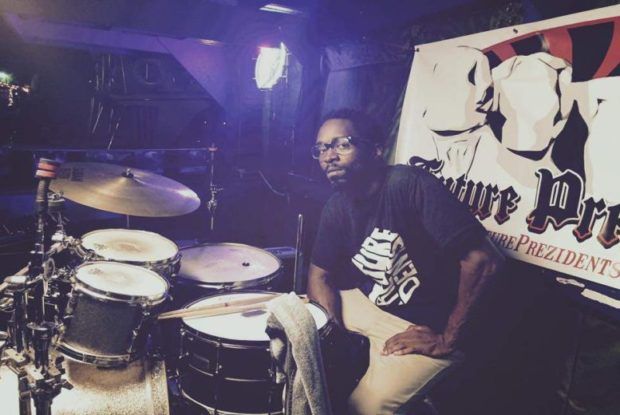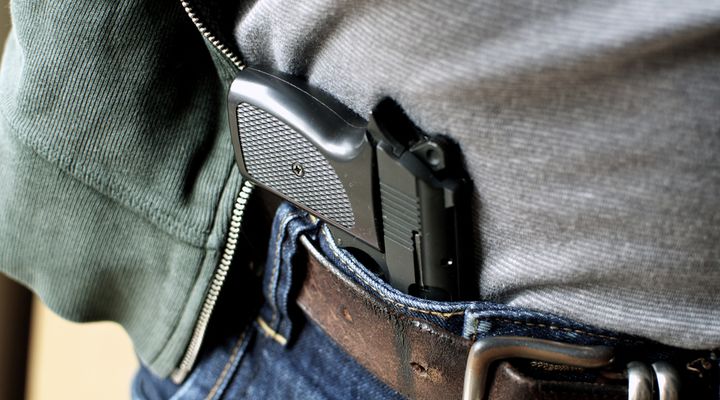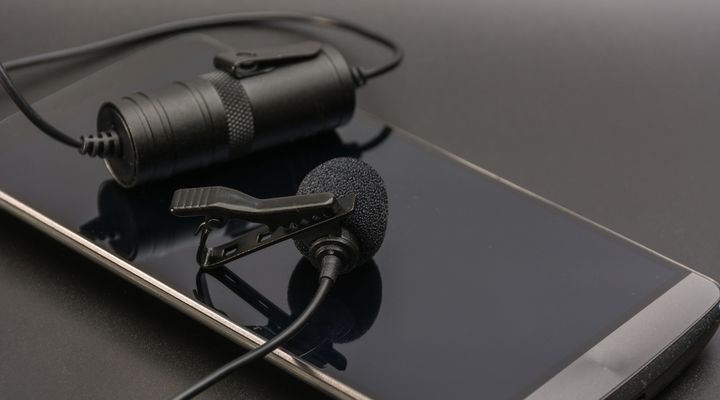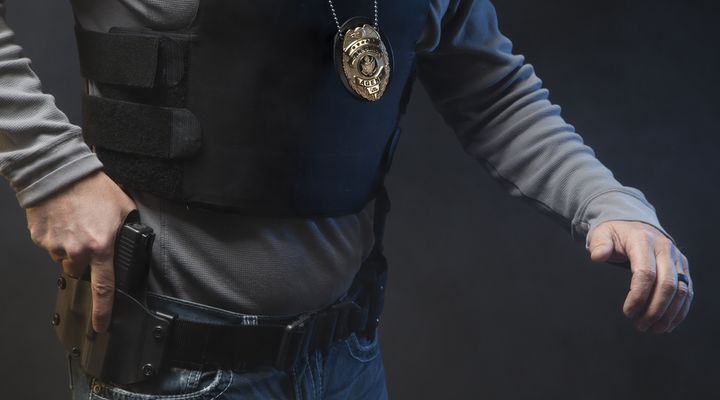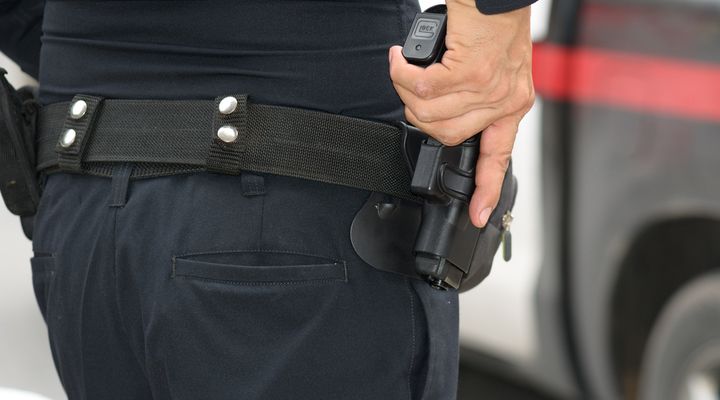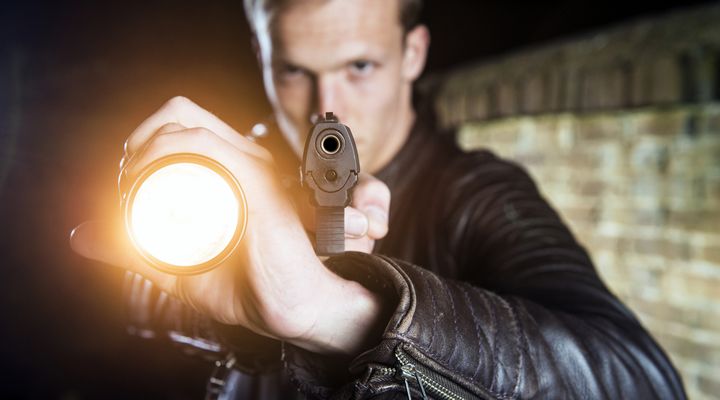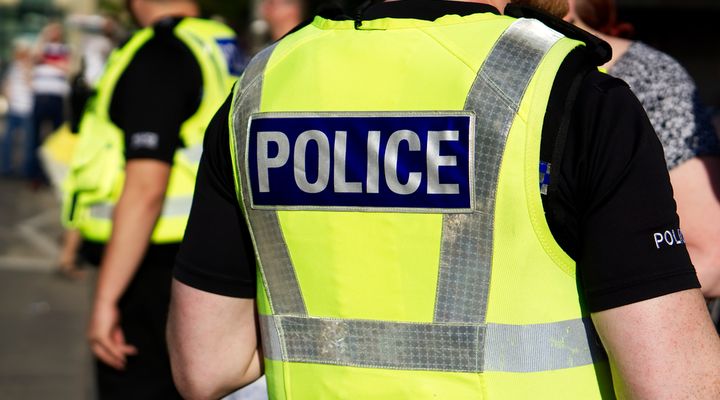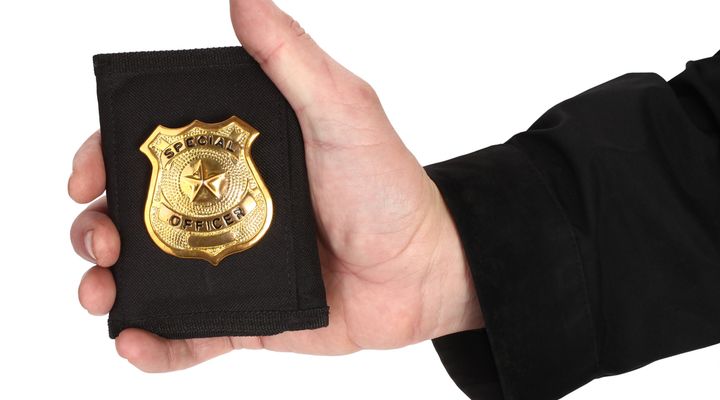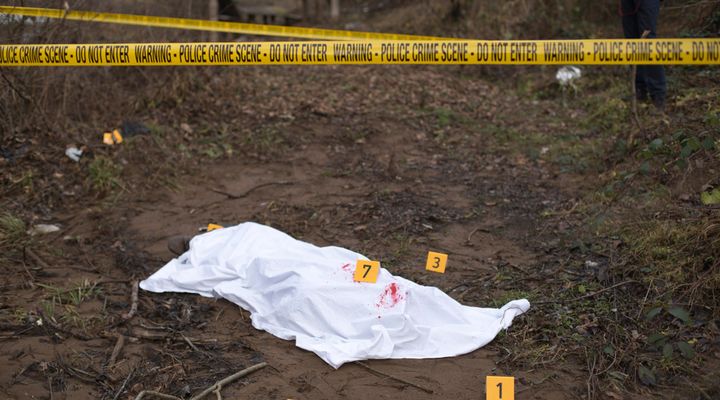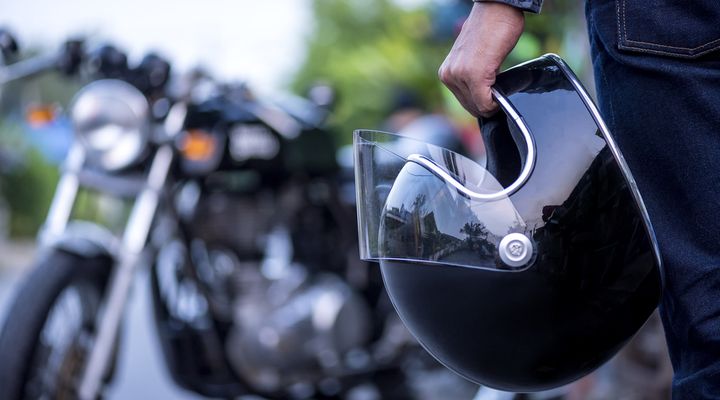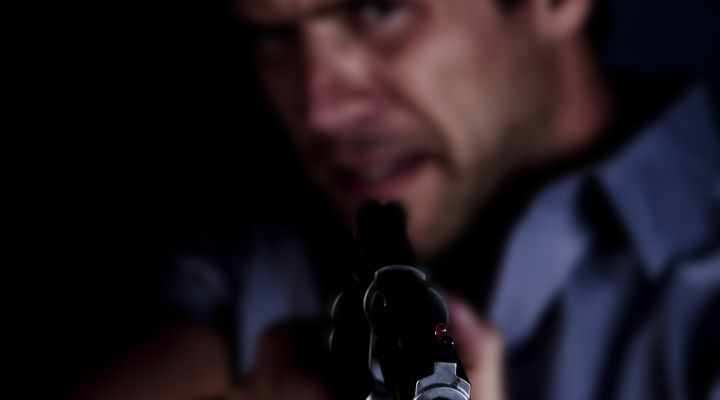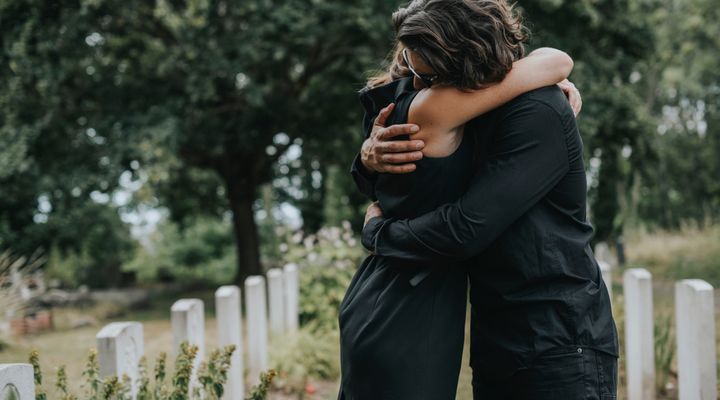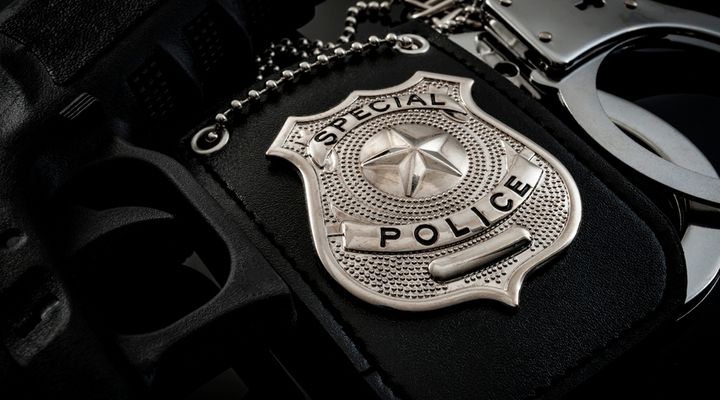It’s not a great time to be a cop. That’s a pretty bold statement, but there have been many tragic, incidents in recent years that have shaken the public’s trust with members of law enforcement. Many of these incidents were easily avoidable and could have been solved without the need for violence, but when tensions are high, things happen.
While its true that the circumstances surrounding these tragedies are usually known only to the people involved, it is also true that logic and investigation can ultimately reveal the truth behind the vagaries sighted by the offending officers. Take for instance Officer Nouman Raja of the South Florida Police…
Stranded Singer
It was October 18, 2015, and 31-year-old Corey Jones was coming home from a nightclub gig when his car ran into some serious trouble on Interstate 95 in Palm Beach Gardens. His car, a large and imposing SUV, had stalled and he had his entire drum set still in the back. That wasn’t the only problem though, not at 3:15 in the morning.
Scheduled
Corey wasn’t just a part-time drummer. In his day job, he worked as a housing inspector, making sure that buildings were up to code. He also sang in the church choir, which made sense as his family was a long line of Christian ministers. Despite the late night, he was scheduled to sing at church the next morning, though he was beginning to think he might not make it…
Investigation
Meanwhile, Nouman Raja, an Asian-American police officer, was driving down that same patch of Interstate 95. He had been working on an investigation team that was looking into an auto burglary that night and was on his way home when he noticed the stopped SUV. He thought it might have been an abandoned vehicle.
Things Inside and Unseen
Corey didn’t see the officer approaching at first. He was busy talking on his cellphone to see if a tow truck would come out that way. When he saw a man approaching his car in the dead of night though, he became nervous. If he had known that it was a police officer, perhaps he might not have immediately reached for the concealed .38-caliber handgun in his pocket…
Recorded Line
What happened next is easy to predict but hard to untangle for investigators. Officer Raja wasn’t aware that Corey had a gun, nor that he was talking on a recorded line with the tow truck dispatcher. It caught a snippet recording of what happened next. First, Corey says “Huh?” then Raja calls out, “You good?” Corey responded that he was, and that’s when things dissolved.
Hold On
Raja continued questioning Corey to see if he was indeed “good” before shouting at Corey to raise his hands. Corey replied with a loud “Hold on!” and then he drew his .380-caliber handgun. For a brief second, he believed that the man approaching his car was attempting to carjack him, so he drew the weapon. A moment later, he decided he wasn’t worth it and ran for it…
Draw and Flee
Corey Jones may have had a concealed weapon permit but that doesn’t count for much when a police officer sees a potential perp draw a gun on them. Even as Corey fled, Raja fired three shots in his direction. Corey hit the embankment and slid down, throwing his gun 125 feet away, but Raja followed.
Fire Away
Ten seconds later, Raja fired three more times, one of the bullets ended up hitting Corey right through the heart. It was a killing blow. There were a number of problems now, however. Raja was dressed in plain clothes and had not been driving a police cruiser when he approached Corey Jones. For all Corey knew, he was a car thief or a murderer. But Raja had similar concerns, so who was in the right?
Plain Clothes
When asked about why he fired at Corey Jones, Officer Raja told investigators that he certainly followed protocol. He attested that he told the victim he was a police officer and that Corey simply didn’t believe him. After all, in his mind, why else would he draw a gun on a police officer? The thing of it was, he didn’t actually follow protocol to a T.
Why Not?
Raja’s supervisors informed him that he had been told many times to don a police vest whenever he approached a civilian. That way, there was no confusion. Raja didn’t, nor did he attempt to pull out his police badge from his pocket. He didn’t even announce that he was a police officer. At least no portion of such an admission was on the recorded tow truck call…
A Good Person
After his death, Corey’s brother, C.J. Jones, spoke about the whole misunderstanding. He explained that his brother was a good person, a naturally non-confrontational person. If Corey had known he was an officer at all, things would have been very different. He didn’t and so he acted in self-defense.
Culpable
As such, Florida prosecutors and Police officials agree that Raja is guilty of manslaughter. Their belief is that the now former officer’s actions exacerbated the confrontation and were the result of “culpable negligence.” They amended this charge to attempted first-degree murder after they realized something about the way Raja fired…
The Crash
Before Raja, there was another Florida officer who tried to justify homicide by claiming it was self-defense. Officer William Lozano shot a black motorcycle driver who he said tried to hit him in 1989. When the motorcycle crashed, a passenger died, and three days of rioting followed. Lozano was convicted of two counts of manslaughter and sent to prison, though he was acquitted in a retrial in 1993.
He Meant It
The fact remained that prosecutors couldn’t prove beyond a reasonable doubt which of Raja’s six shots killed Corey. They could prove, however, that the second volley was a conscious effort to kill him as he fled. The jury seemed to believe this as well. At least some of them, anyway. They deliberated for four hours before coming to a conclusion…
First in Decades
In the end, the 41-year-old former police officer was the first Florida law enforcement officer in 30 years to be convicted in a line-of-duty shooting. Raja faces a mandatory sentence of 25 years to life in prison. Corey’s family was elated when they found out the news. For them, this verdict was about closure.
Healing has Begun
Jones’ father, Clinton Jones Sr. spoke to the press about how he felt. “This is going to be a long journey for me,” he explained. “I’ll never forget my son and now I can begin to start the process of healing and doing the things that he desired to do and that’s music…” Still, there is something that Corey’s family wanted people to know about the results of the trial…
Justice, not Race
Jones also thanked the jury for staying focused upon the evidence of the trial and understanding that it wasn’t about race, in his opinion, it was about justice. Indeed it would be improper to call this issue racial from the get-go, considering that both the officer and victim were minorities who are often caught in speculative, purely stereotypical misconceptions these days.
Accountability
Assistant State Attorney Adrienne Ellis spoke about misconceptions quite a bit during the trial, particularly during his closing statements. “Just because he was a police officer at the time, he does not get a pass for what he did to Corey Jones…he has to be held accountable for what he did, for the actions that he took that night…”
Speechless
Despite these high words, Ellis was allegedly “speechless” when the jury came back with the verdict. “I wanted the jury to get it right for Corey and they did,” she explained outside the courthouse. Meanwhile, Corey’s family held a prayer circle outside the courthouse, shouting praise and thanking for delivering justice.
Truly Bittersweet
Ultimately, there is no winner in this tale. Florida State Attorney Dave Aronberg himself described the verdict as “bittersweet” and that term is particularly apt. Much of what happened was due to preconceived, erroneous notions and pure pigheadedness. It’s unfortunate because, in the end, two men lost their lives.
